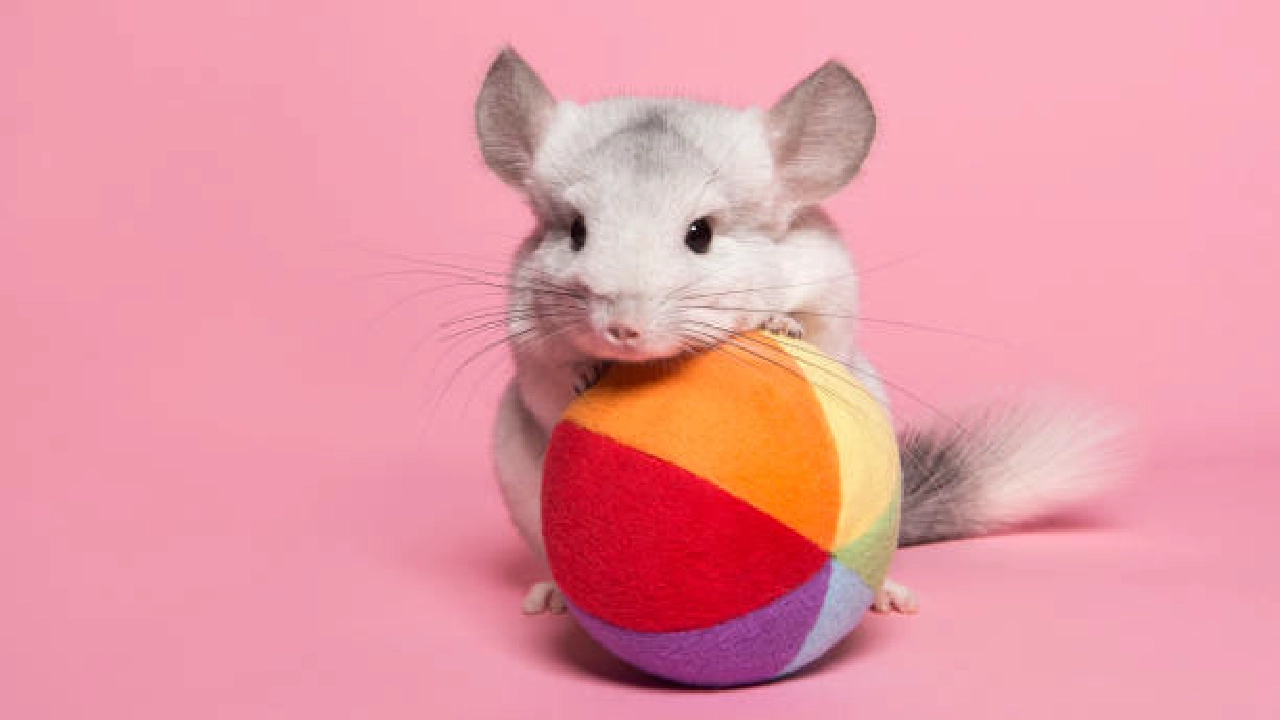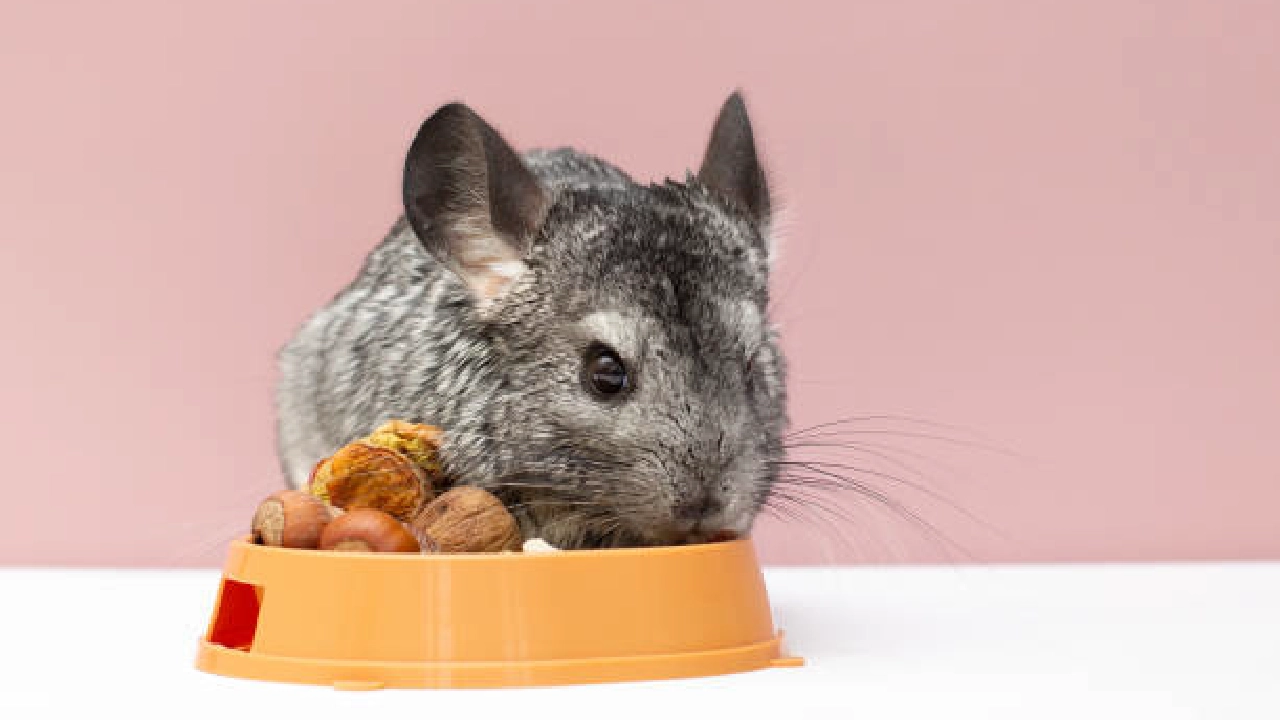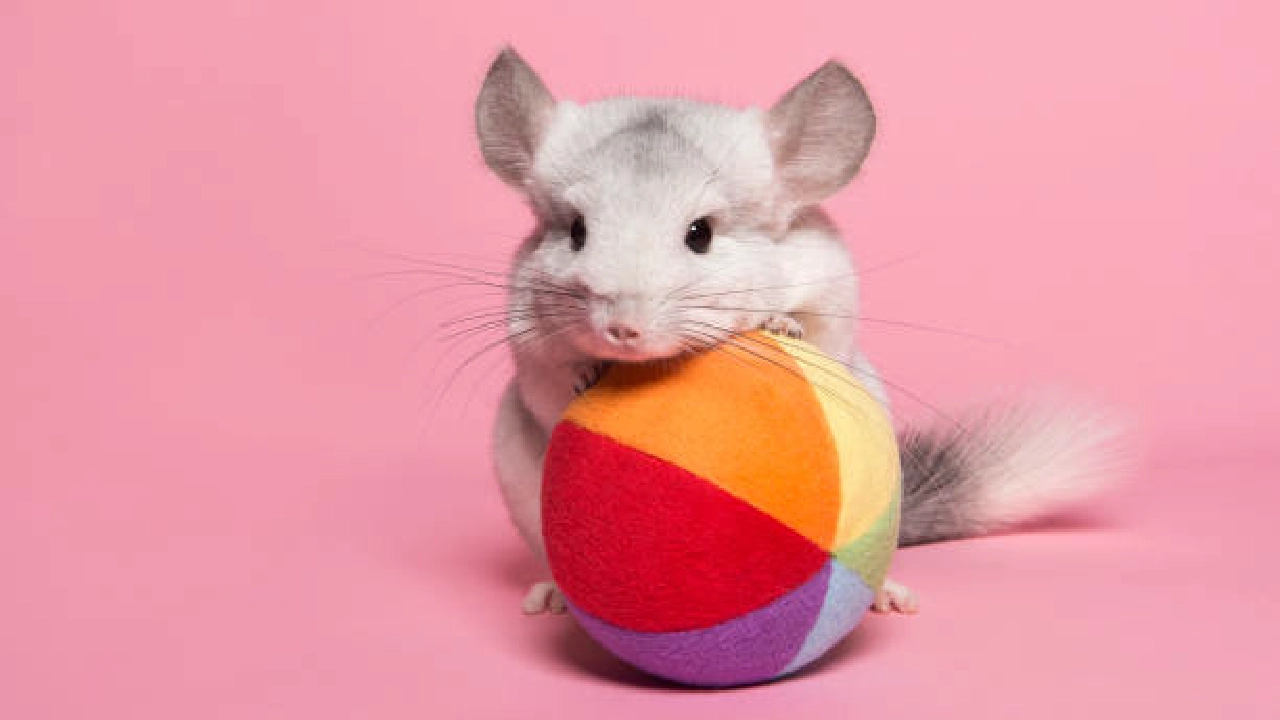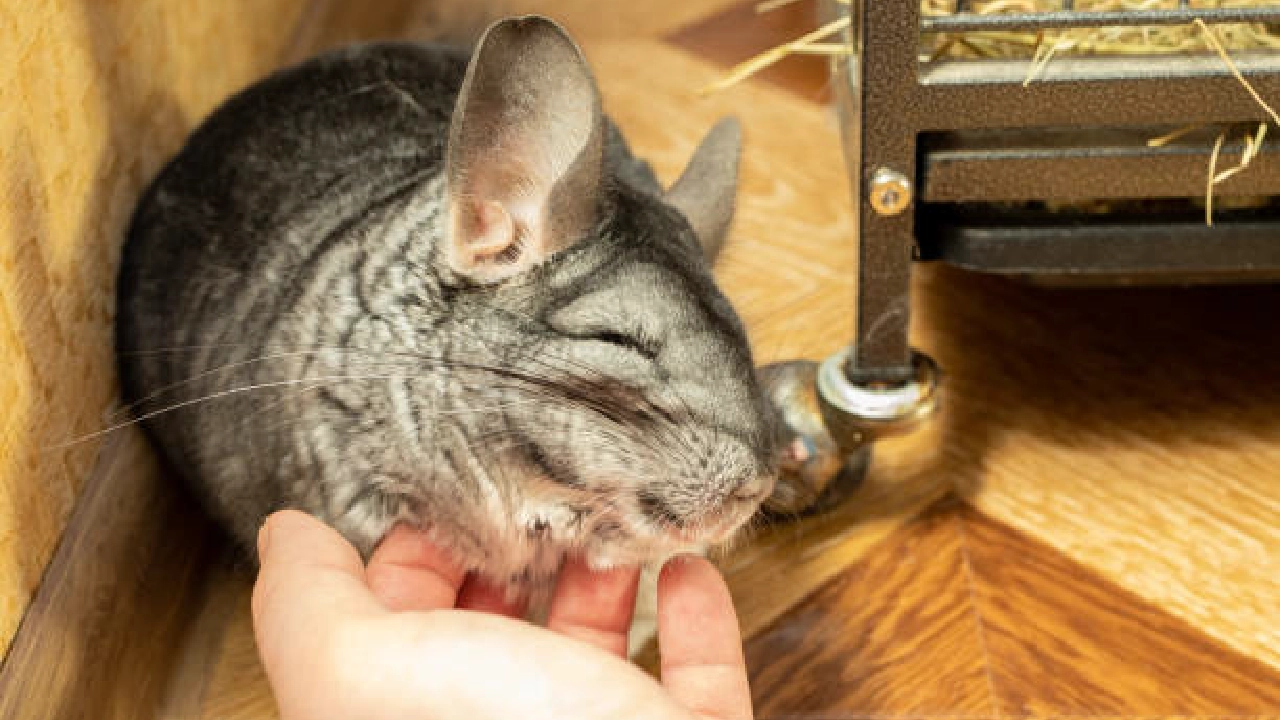Chinchillas are adorable, soft-furred rodents that have gained popularity as pets in Singapore. Originally from the Andes Mountains in South America, they are known for their playful personalities, luxurious fur and unique care requirements. While chinchillas can make wonderful pets, they require specific conditions to thrive in, including a cool environment, a proper diet and plenty of enrichment.
In Singapore’s hot and humid climate, keeping a chinchilla requires extra precautions, including air-conditioning, proper diet, and enrichment to keep them mentally and physically healthy. This guide will cover all the essentials of chinchilla ownership in Singapore, including general care, diet, health, exercise and environment, mating, licensing requirements and important considerations for responsible pet ownership.
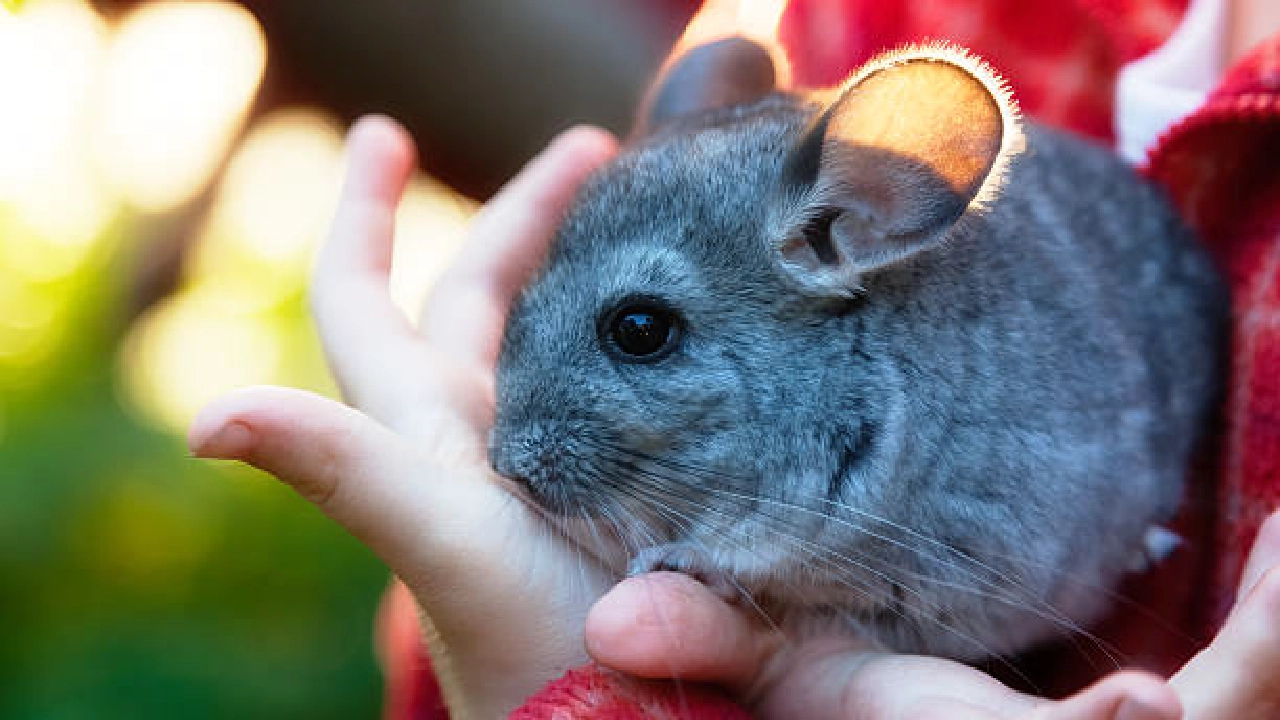
General Care
Chinchillas are highly active and social animals that can form strong bonds with their owners. However, they are not as cuddly as some other small pets since their fragile bones make them unsuitable for rough handling. They are best suited for owners who are patient and willing to interact with them on their terms.
Some key aspects of chinchilla care include:
- Housing: Chinchillas need spacious cages with multiple levels for climbing and jumping. A large, well-ventilated wire cage with solid flooring is recommended. The enclosure should include platforms, ramps, and hiding spots.
- Temperature & Humidity: Chinchillas have thick fur that prevents them from sweating, making them highly sensitive to heat. Singapore’s climate can be dangerous for them, so they must be kept in an air-conditioned room with temperatures between 16°C and 22°C and humidity below 50%.
- Bedding: Paper-based bedding or fleece liners are ideal. Avoid pine or cedar shavings, as they can be toxic.
- Companionship: Chinchillas are social animals and do well in pairs or small groups, but they can also be kept alone with sufficient human interaction.
Diet
A proper diet is crucial for chinchillas, as their digestive systems are sensitive. Their diet should consist mainly of:
- High-quality hay: Timothy hay is essential and should make up the majority of their diet to aid digestion and dental health.
- Pellets: Specially formulated chinchilla pellets provide necessary vitamins and minerals. Avoid mixes with seeds or nuts, as these can be too fatty.
- Fresh water: Always provide clean, filtered water in a bottle with a sipper tube.
- Occasional treats: Chinchillas have delicate stomachs, so treats should be given sparingly. Safe treats include dried rose hips, plain oats, or small pieces of dried apple. Never feed them sugary, processed, or high-fat foods.
Health
Chinchillas are generally hardy animals, but they can suffer from health problems if not cared for properly. Common health issues include:
- Heat Stroke: Due to their dense fur, chinchillas overheat easily. Signs include panting, drooling, and lethargy. Immediate cooling and veterinary care are necessary.
- Dental Issues: Chinchillas’ teeth grow continuously and must be worn down by chewing on hay and wooden toys. Overgrown teeth can lead to eating difficulties and require veterinary intervention.
- Gastrointestinal Stasis: A condition where the digestive system slows down, often caused by stress or improper diet. Symptoms include lack of appetite and small or no droppings.
- Fur Chewing: This occurs when chinchillas are stressed or bored. Providing a proper environment and enrichment can prevent this behavior.
Regular vet check-ups are recommended, and any changes in behavior, eating habits, or droppings should be taken seriously.
Exercise & Environment
Chinchillas are highly energetic and need plenty of exercise to stay healthy and happy. Some key considerations include
- Playtime: Chinchillas should have daily out-of-cage playtime in a safe, enclosed area. Remove electrical cords, small objects, and anything they can chew on.
- Toys & Chew Items: Providing wooden chew toys, tunnels, and exercise wheels (solid-surfaced, 14 inches or larger) keeps them engaged and prevents boredom.
- Dust Baths: Unlike other pets, chinchillas clean themselves with dust baths rather than water. A fine volcanic ash dust bath should be provided 2-3 times a week to keep their fur clean and oil-free. Avoid over-bathing, as it can dry out their skin.
Mating
Breeding chinchillas requires careful consideration. They reach sexual maturity at around 8 months old, and a typical gestation period lasts 111 days—longer than most rodents. Chinchilla litters are usually small (1-3 kits), but the babies are born fully furred with open eyes.
Challenges of breeding include:
- Complications during birth requiring veterinary care.
- Aggression between mates, as not all pairs get along.
- Finding responsible homes for offspring, as chinchillas have long lifespans (10-20 years).
Unless you are experienced and prepared, it is best to avoid breeding pet chinchillas.
Licenses & Legal Considerations in Singapore
Chinchillas are legal pets in Singapore and do not require a special license for ownership. However, it is important to:
- Purchase from reputable breeders or pet stores to ensure the chinchilla is healthy and ethically bred.
- Avoid illegal imports, as smuggled animals may carry diseases and suffer from poor conditions.
- Follow animal welfare laws under the Animals and Birds Act, ensuring proper care and preventing neglect.
If you’re planning to rehome a chinchilla, always do so responsibly to ensure the new owner is well-prepared.
Chinchillas are wonderful pets for those willing to meet their unique needs. Their sensitive nature requires a cool, controlled environment, a high-fiber diet, and plenty of exercise to ensure a long and happy life. They are not beginner pets, as they require specialized care, but for dedicated owners, they can be rewarding companions.

